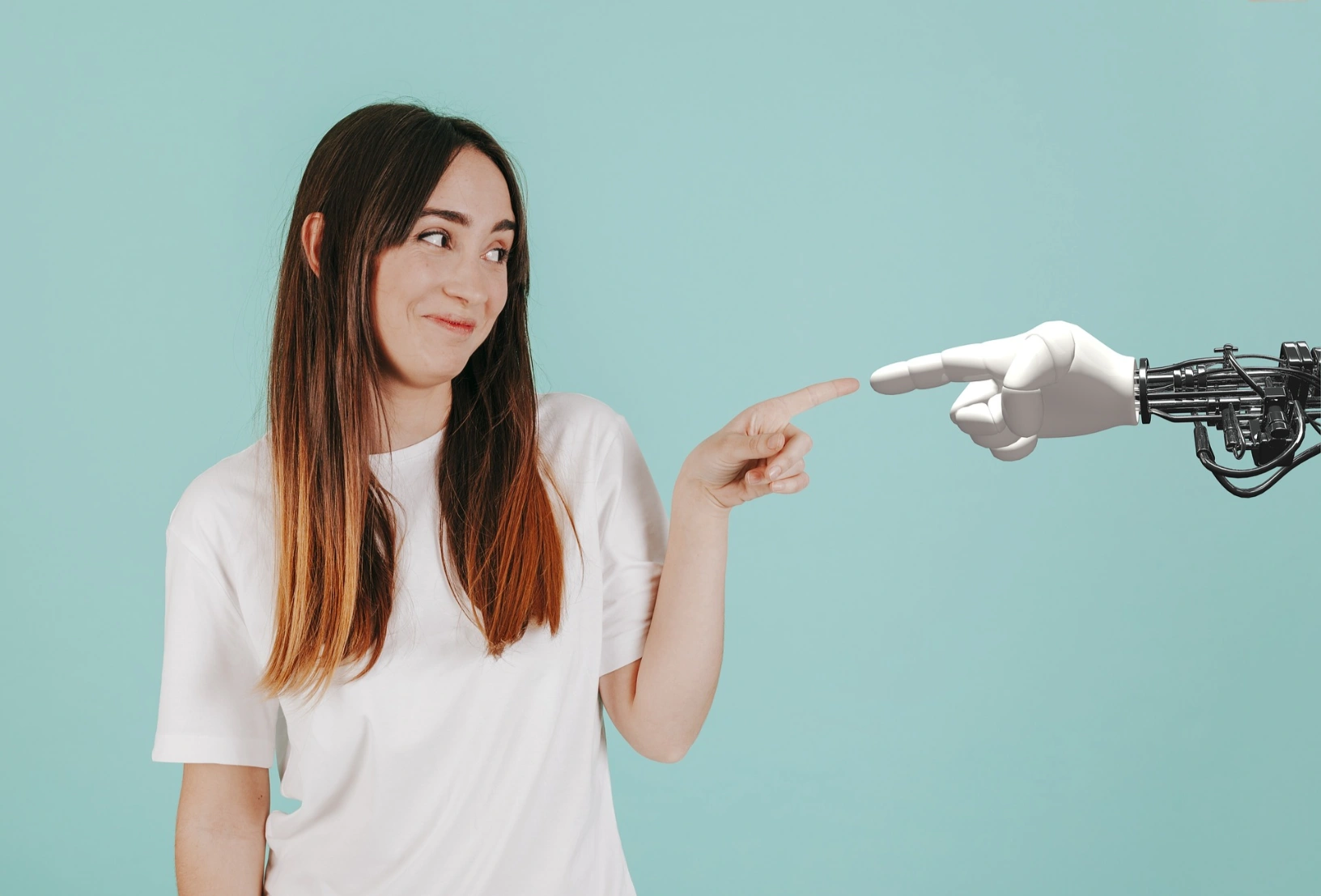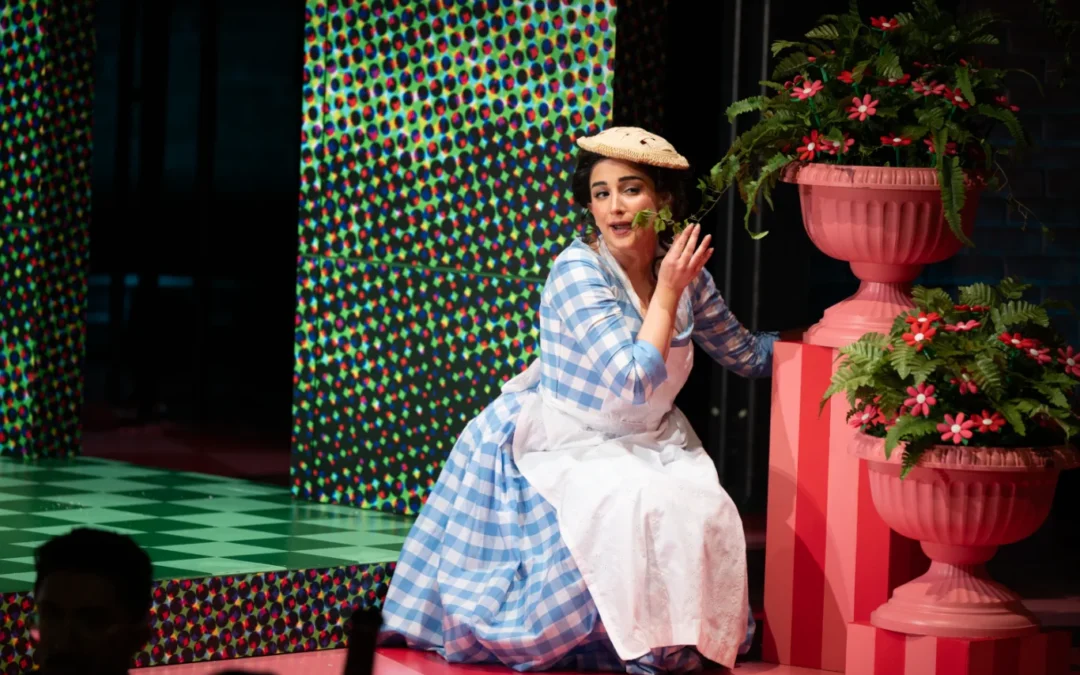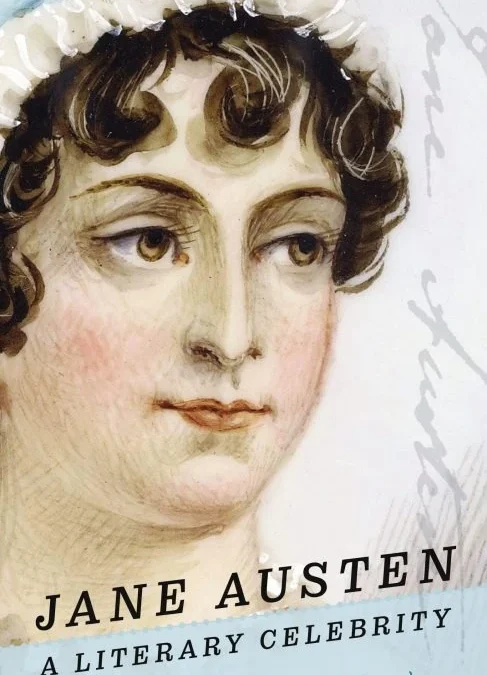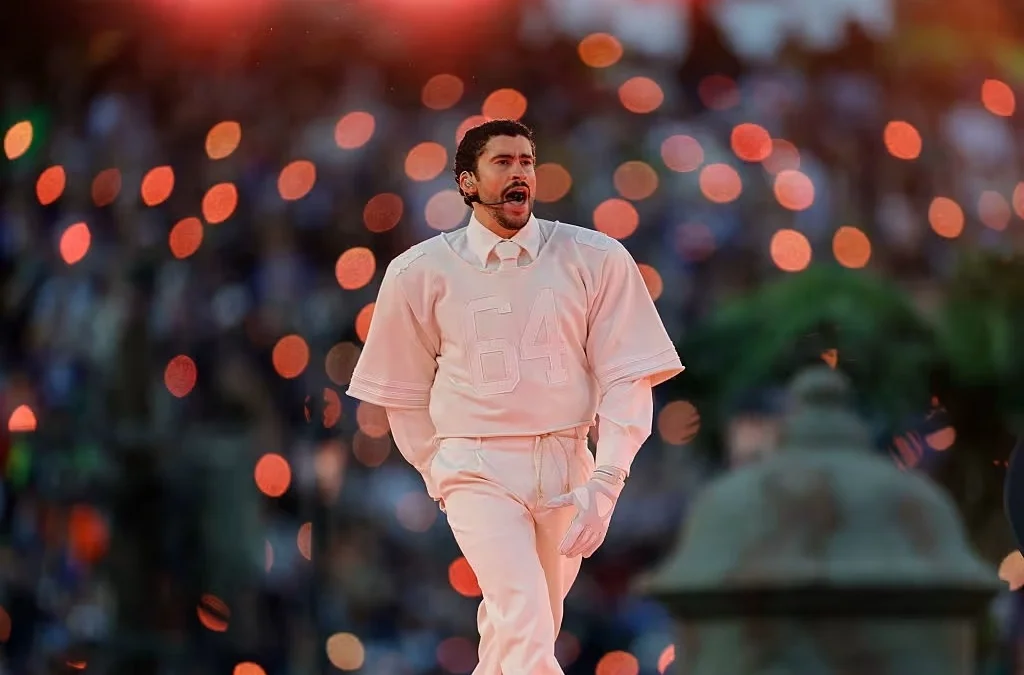The film industry, once seen as a realm of creativity, innovation, and human intuition, is standing on the brink of a major transformation. With advancements in artificial intelligence (AI) seeping into nearly every corner of our lives, it’s only natural that filmmaking is starting to feel the effects of this technological revolution. As AI continues to make waves across industries, one pressing question arises for filmmakers, artists, and audiences alike: how much will AI affect the art of filmmaking?
The truth is, we’re already seeing AI begin to leave its mark on the world of film, and the potential for its influence is vast. From scriptwriting and casting decisions to visual effects and editing, AI is altering the way films are made. But will AI ever replace the director’s eye, the actors’ emotional depth, or the human soul that so often drives great storytelling? In this article, we’ll explore how AI is reshaping filmmaking in 2024 and beyond, assessing the impact on creativity, collaboration, and the future of cinematic artistry.
The Rise of AI in Filmmaking
To understand AI’s growing role in filmmaking, we must first consider what AI can do in the realm of creative production. Artificial intelligence is no longer just a buzzword. It’s a reality in modern film studios, and its integration into film production has been growing steadily in recent years. Whether we’re talking about machine learning algorithms that can write scripts, AI-driven software that assists with visual effects, or even deepfake technology that allows actors to be digitally reimagined, AI is increasingly taking on tasks that were once considered the exclusive domain of human artists.
One of the early and most significant areas AI has affected is in post-production. AI software is capable of analyzing large amounts of footage, identifying patterns, and assisting with tasks like color grading, sound design, and even editing. Many filmmakers and post-production houses have already adopted AI tools that speed up the time-consuming processes of sorting through raw footage, organizing shots, and performing tedious tasks that would typically take hours or days. What once required a team of assistants now often takes a fraction of the time, allowing filmmakers to focus on the bigger picture.
AI and Scriptwriting: Is the Human Touch Still Necessary?
When you think about the essence of filmmaking, it’s hard not to think about storytelling. The screenplay is the blueprint for any film, and it’s where the creativity of the writer takes shape. The introduction of AI into scriptwriting raises the question: can a machine write a compelling, emotional, and original script that resonates with audiences the way human writers do?
AI-driven scriptwriting tools have already shown promising results in terms of generating dialogue, plot outlines, and even full-length scripts. By analyzing large databases of film scripts, AI can detect patterns and structure in storytelling, creating drafts that follow traditional formats. In fact, some AI programs are being used to help screenwriters by suggesting plot developments or writing particular scenes based on a set of parameters. This allows writers to experiment with different angles and ideas quickly, expanding creative possibilities.
However, while AI-generated scripts might adhere to traditional narrative conventions, there is still debate about whether AI can capture the nuance, emotional depth, and originality that comes with human creativity. Writing a great script involves understanding human experience, emotions, and the intricacies of storytelling—something AI is still far from mastering. For now, AI seems better suited to assisting the creative process rather than replacing it entirely.
AI in Casting: Data-Driven Decisions and the Human Factor
In the world of film, casting decisions are vital. The actors bring characters to life, creating the emotional connection that audiences crave. In the past, casting directors used their intuition and experience to choose the right actor for a role, considering everything from an actor’s appearance to their emotional range and chemistry with other cast members. However, as AI continues to be integrated into various industries, it is starting to play a role in casting as well.
AI tools are now being used by studios to analyze actors’ past performances and make data-driven predictions about which actors will be most effective for a specific role. AI can also assess an actor’s popularity and social media presence, potentially influencing casting choices based on an actor’s marketability or fan base. While this approach can make casting more efficient, it raises concerns about reducing the artistic and personal aspects of casting decisions.
On the other hand, AI could also provide opportunities for diverse and underrepresented actors to be considered for roles based on data analysis, as opposed to biases that might exist within traditional casting methods. By looking beyond the conventional “Hollywood looks” and focusing on more specific criteria, AI could offer a way to disrupt outdated casting practices and encourage more inclusive storytelling.
AI in Visual Effects: Enhancing Creativity and Realism
Perhaps one of the most significant areas of AI’s impact on filmmaking is in the field of visual effects (VFX). Filmmakers have long relied on VFX to create stunning, imaginative worlds that transport audiences to new dimensions. With AI, this creative process has become faster and more precise.
AI algorithms can now assist in everything from creating realistic CGI (computer-generated imagery) to enhancing real-world footage through digital manipulation. For instance, AI can generate highly detailed environments and characters that look photorealistic, creating a seamless blend between CGI and live-action footage. This has massive implications for filmmakers who are looking to push the boundaries of what is possible on screen.
Additionally, AI can be used to create deepfake technology, allowing filmmakers to use digitally manipulated versions of real actors to create scenes or even entire performances. This technology has sparked concerns about ethical issues, such as the potential for misuse and the implications of “replacing” real actors with digital versions. However, AI-generated characters can also open up new creative possibilities. Imagine a film where a long-deceased actor is resurrected to reprise a role, or where characters are rendered entirely through AI without the need for human actors at all.
While the creative possibilities are exciting, there’s a growing concern that AI in VFX might reduce the artistry involved in creating visual effects. The role of VFX artists, who meticulously craft every shot and element of a scene, could be diminished as AI takes over more of these tasks. The fear is that the artistry of filmmaking will be lost to an overreliance on technology, turning creativity into a process dictated by algorithms rather than human hands.
AI in Editing: Streamlining the Creative Process
Film editing has traditionally been a painstaking and highly creative process. Editors sift through hours of footage, making decisions about timing, rhythm, and pacing to create a coherent story. With the advent of AI, editors now have access to powerful tools that can speed up this process, making it easier to select the best takes and organize scenes. AI can even suggest editing choices based on audience reactions to previous films, ensuring that the final cut appeals to viewers’ preferences.
However, while AI editing tools can help streamline the workflow, they also pose a challenge to the traditional role of the editor. Editing is more than just cutting footage together—it’s about shaping the film’s emotional tone, crafting a narrative flow, and creating tension. Human intuition and judgment have long played a crucial role in editing, and it remains to be seen whether AI can fully replicate these qualities.
Will AI Replace Filmmakers?
As AI continues to integrate into film production, the question inevitably arises: will AI ever replace human filmmakers? While AI can certainly assist in many aspects of filmmaking, from generating ideas to enhancing visual effects, it seems unlikely that it will fully replace human creativity and vision. Filmmaking is inherently a deeply human endeavor, shaped by personal experiences, cultural perspectives, and emotional intelligence—qualities that AI cannot yet replicate.
Instead, it’s more likely that AI will serve as a tool for filmmakers, augmenting their creativity and allowing them to push the boundaries of what is possible. AI can help filmmakers bring their visions to life more efficiently, but it is the human touch— the passion, the artistry, and the emotions—that will continue to shape the stories we tell on screen.
A New Era of Filmmaking
The role of AI in filmmaking is still evolving, and the full extent of its influence remains to be seen. While AI offers exciting possibilities in terms of efficiency, creativity, and innovation, it also raises critical questions about the future of artistic integrity, the human touch, and the ethical use of technology. Filmmakers in 2024 will have to find a balance between embracing AI and preserving the heart of cinema—storytelling. The truth is, that AI will likely change the way films are made, but it’s unlikely to replace the soul of filmmaking, which is driven by human creativity, emotion, and imagination.
So, while AI may be changing the tools of the trade, the art of filmmaking will remain a deeply human endeavor—one that continues to evolve in tandem with technology. As we sit back in our theater seats and watch films unfold on screen, it’s clear that the future of filmmaking will be a collaboration between human artists and cutting-edge technology, creating a thrilling new chapter for the world of cinema.






0 Comments